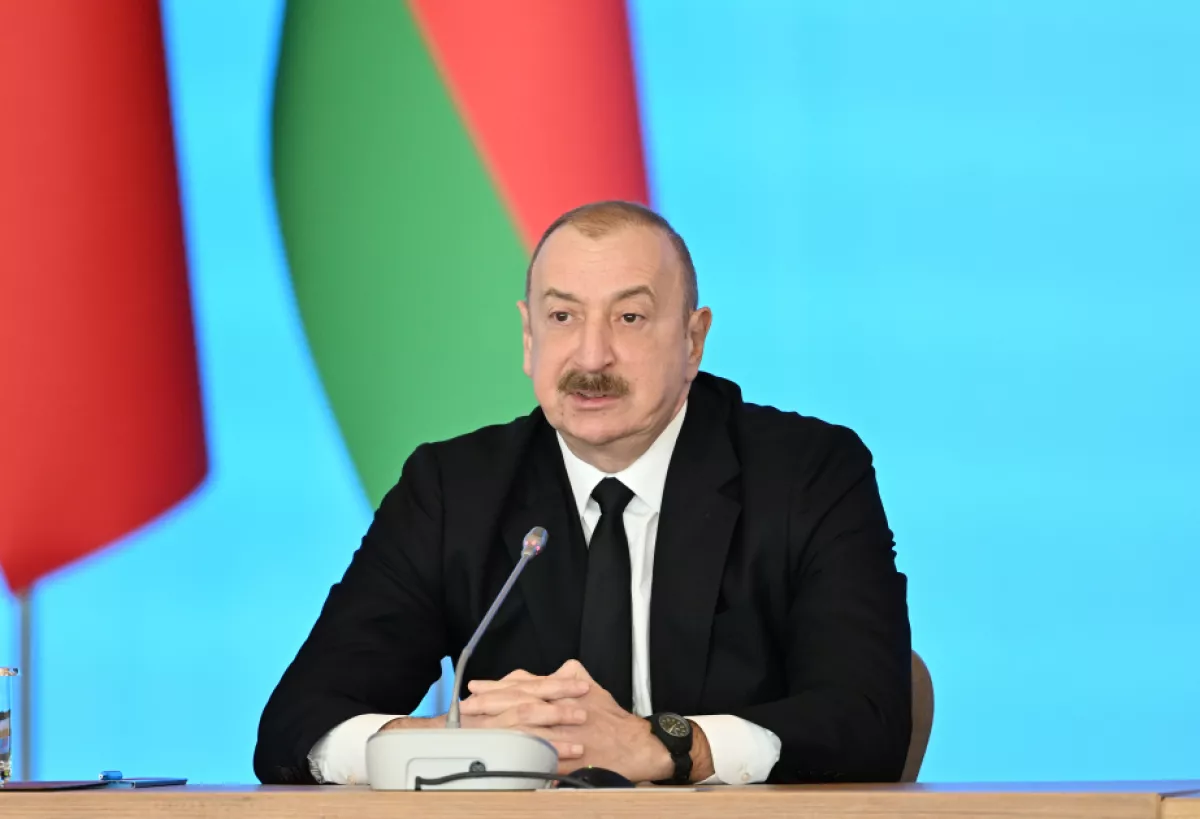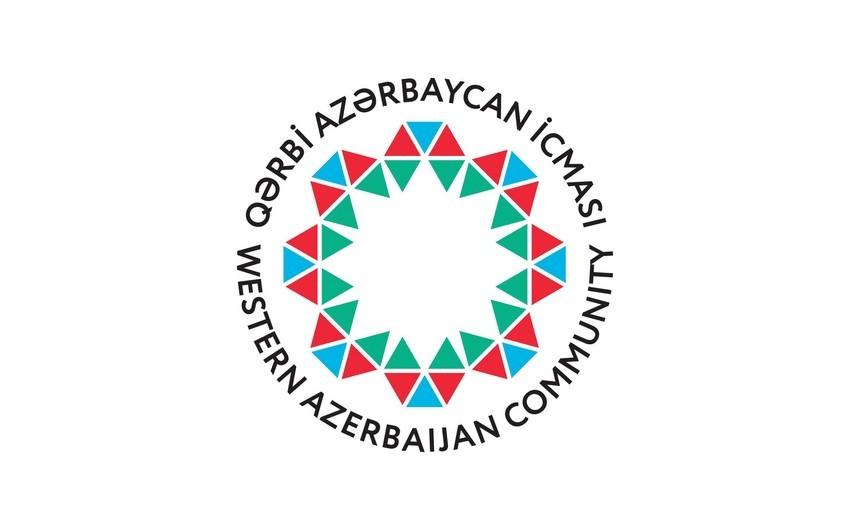Western Azerbaijan — neither forgotten nor concealed Baku responds with facts
The topic of the return of Azerbaijanis to their historic lands in Western Azerbaijan — a region that today is part of Armenia — has always been important and politically sensitive. However, during the period of Armenian occupation of 20% of Azerbaijani territory, it was not often raised by official Baku. But after the full restoration of the country’s sovereignty and territorial integrity as a result of the 44-day war and the one-day counter-terrorist operation in the Karabakh region of Azerbaijan, this issue has become topical again.
Azerbaijan is increasingly confidently declaring to the world the right of hundreds of thousands of Azerbaijanis, who were expelled from their native lands during the Soviet and post-Soviet periods, to return home. The ongoing international conference in Ankara on the topic “Return to Western Azerbaijan as an Essential Condition for the Supremacy of Human Rights” is yet another confirmation of this.
Undoubtedly, both in Armenia and in various foreign circles closely and long connected with the global Armenian community, Azerbaijan’s position on this issue provokes an outburst of indignation, often escalating into outright hysteria. However, upon careful examination of history and facts, it becomes clear — Baku is right. The demand for the return of Azerbaijanis to their lands is not a territorial claim, but the restoration of historical justice and the implementation of a fundamental right of the Azerbaijani people, based on international norms.

In his address to the participants of the international conference in Ankara, the President of Azerbaijan, Ilham Aliyev, emphasized, in particular, that in Western Azerbaijan — the territory of present-day Armenia — systematic and total ethnic cleansing was carried out during the periods of 1918–1921, 1948–1953, and 1987–1991. As a result, not a single Azerbaijani remains in Armenia. This ethnic cleansing became a great humanitarian tragedy. At the same time, it served a treacherous geopolitical goal: to sever the land connection between the main part of Azerbaijan and its integral part — Nakhchivan — by taking West Zangezur from Azerbaijan and transferring it to Armenia in 1920.
Let us take a brief historical excursus. According to the Russian census of 1897, the city of Yerevan had a population of 29,006, of whom 43.15% (12,516 people) were Azerbaijanis. This is just one confirmation that, before the beginning of the 20th century, a significant number of Azerbaijanis lived compactly in the territory that is now part of the Republic of Armenia, with their population in some districts exceeding half of the total.
After the establishment of the Armenian SSR in the 1920s, especially following the literal seizure of West Zangezur from Azerbaijan and its transfer to Armenia, a deliberate redrawing of the ethno-demographic map of the region began: through repression, violence, and deportation, the Azerbaijani population was driven out of Armenia.
With the outbreak of the Armenian-Azerbaijani conflict in the late 1980s, this process reached its peak: more than 200,000 ethnic Azerbaijanis were expelled from Armenia under threat of murder and violence.
This was ethnic cleansing and, essentially, the culmination of a long-standing process of expelling the indigenous population. However, the international community de facto ignored this fact: not a single country condemned Armenia for this tragedy. This must be remembered, especially when we observe attempts by external forces to criticise official Baku over the outcomes of the 44-day war and the anti-terrorist operation in Karabakh.

In this context, President Ilham Aliyev’s statement that Armenia must take a clear stance on when and under what conditions Western Azerbaijanis will be able to return to their ancestral lands is entirely justified. As the head of state noted, the desire of Western Azerbaijanis to return does not constitute territorial claims against Armenia, and Yerevan must stop attempting to portray it as such. Until this return is realised, the issue will remain on Azerbaijan’s agenda.
With this, he effectively put an end to various Armenian speculations regarding “Azerbaijan’s territorial claims.” Official Baku has no territorial claims against the neighbouring country, but rightfully highlights the importance of resolving the issue of the return of Western Azerbaijanis to their historical lands. And international law is on our side. A number of international documents explicitly recognise the right of refugees to return to their homes and to receive compensation. All of this, without question, directly applies to the Azerbaijanis expelled from Western Azerbaijan. Thus, by raising this issue at the official level, Baku is acting in accordance with international legal norms.
The return of Azerbaijanis to Armenia could represent not only the restoration of justice but also an important step towards building genuine peace in the South Caucasus. Baku is proposing a concept of peaceful coexistence and reintegration. In this context, Western Azerbaijan is not a territory that Azerbaijan demands to be handed back, but a region where the rights and security of the returning indigenous population must be guaranteed. This is the truth — no matter how much it is distorted or misrepresented in Armenia and certain Western circles.








